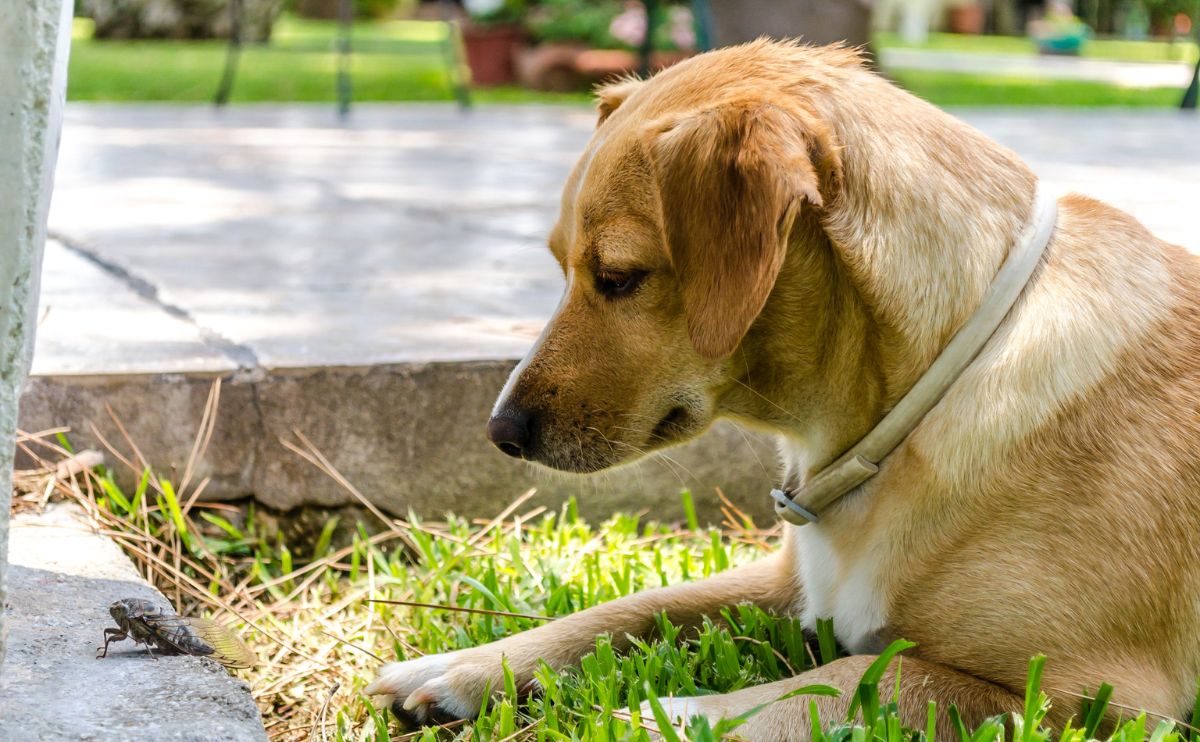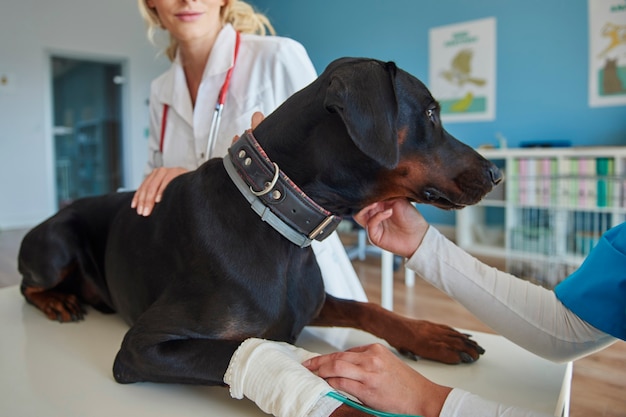Keeping Your Dog Safe And Stress-Free During Cicada Season


Keeping Your Dog Safe During Cicada Season
As cicadas emerge in the U.S. this summer, you might find yourself overwhelmed by their buzzing presence. While cicadas are harmless to humans, pet parents need to be aware of how these insects can affect their dogs. Here’s everything you need to know to ensure your dog remains safe and stress-free during this cicada season.
What Are Cicadas?
Cicadas are large, winged insects known for their loud, distinctive songs. They emerge every 13 to 17 years in massive numbers, depending on the species. This year, parts of the U.S. are experiencing one of these periodic cicada swarms, which can be both fascinating and overwhelming.
Are Cicadas Toxic to Dogs?
The good news is that cicadas are not toxic to dogs. They don’t carry venom or harmful substances that can poison your pet. However, there are still a few reasons to be cautious:
- Choking Hazard: Cicadas are large and crunchy, which makes them a potential choking hazard if your dog tries to gulp them down.
- Gastrointestinal Issues: While eating one or two cicadas generally won’t harm your dog, consuming them in large quantities can lead to gastrointestinal upset. Symptoms include vomiting, diarrhea, and abdominal discomfort.
- Allergic Reactions: Some dogs may have allergic reactions to cicadas, though this is rare.
Tips for Keeping Your Dog Safe:
- Supervise Outdoor Time: Keep an eye on your dog while they’re outside. Try to limit their access to areas with heavy cicada activity, especially if your dog is prone to eating anything they find.
- Use a Leash: When taking walks, keep your dog on a leash to prevent them from chasing or eating cicadas.
- Provide Distractions: Offer toys and engage in play to divert your dog’s attention from the cicadas. Puzzle toys and treat-dispensing toys can keep them occupied and less focused on the insects.
- Monitor Their Diet: If you notice your dog consuming cicadas, try to limit their outdoor time and provide alternative distractions. Monitor their health and consult a veterinarian if you notice any signs of distress, such as vomiting or diarrhea.
- Create a Safe Space: If the cicada noise is causing stress, create a quiet, comfortable space indoors where your dog can retreat. Play soothing music or use a white noise machine to drown out the cicada sounds.
Managing Stress and Anxiety
Cicadas can be noisy, and the constant buzzing can be stressful for some dogs. Here are a few tips to manage your dog’s anxiety:
- Stay Calm: Dogs often take cues from their owners. Stay calm and reassure your pet if they seem anxious.
- Desensitization: Gradually expose your dog to the cicada sounds by playing recordings at a low volume and slowly increasing it over time. This can help them become accustomed to the noise.
- Use Anxiety Aids: Consider using anxiety wraps, pheromone diffusers, or natural supplements designed to reduce anxiety in dogs. Consult your vet before starting any new treatments.
When to See a Vet
If your dog shows signs of severe distress, persistent vomiting, diarrhea, or other concerning symptoms after consuming cicadas, it’s best to consult your veterinarian. They can provide guidance and treatment to ensure your dog remains healthy and happy.
Cicada season can be a curious and noisy time, but with a few precautions, you can keep your dog safe and stress-free. Supervise their outdoor activities, provide distractions, and create a calm indoor environment to help them navigate this period comfortably. Remember, cicadas may be a temporary nuisance, but your dog’s health and well-being are always a priority.
Stay safe and enjoy the summer with your furry friends!
By following these tips, you’ll ensure that your dog remains healthy, happy, and stress-free during the cicada influx. If you have any concerns or need further advice, don’t hesitate to reach out to your veterinarian.




